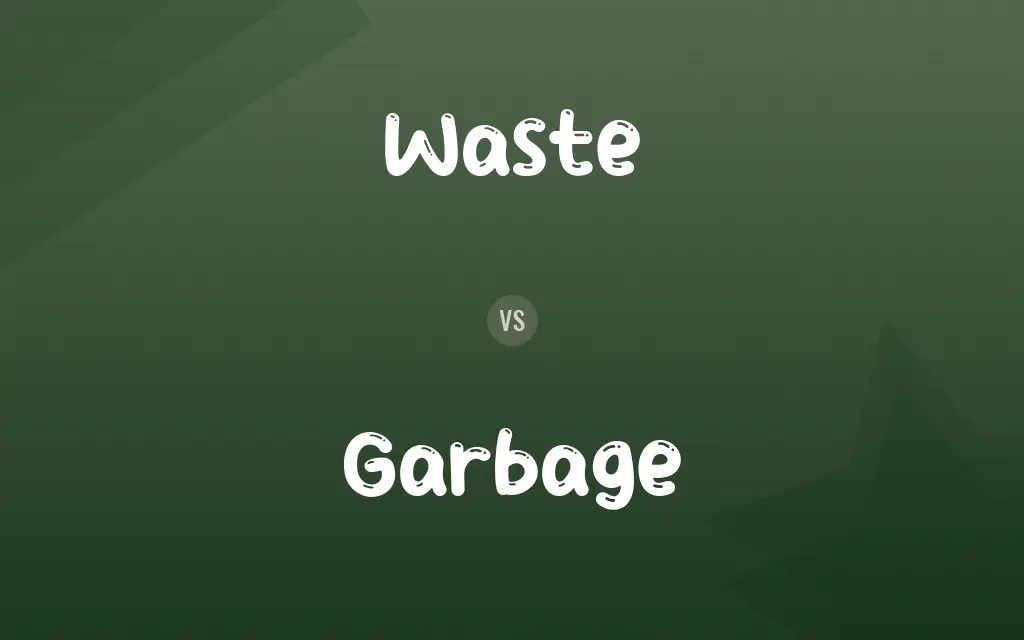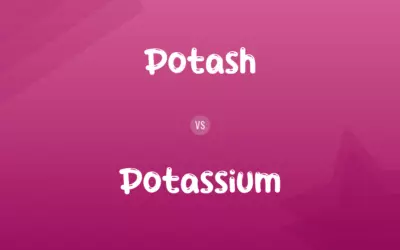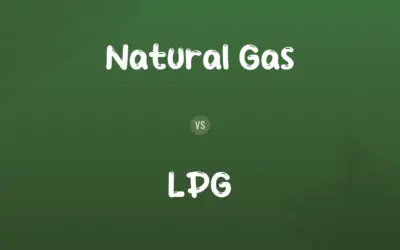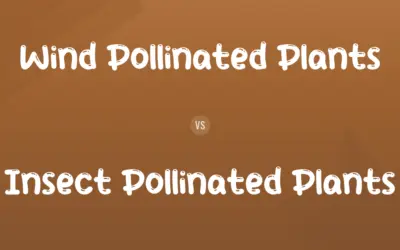Waste vs. Garbage: Difference and Comparison
By Muazma Batool & Muneeza Rehman — Published on April 16, 2024
Waste encompasses all discarded materials, including garbage, recyclables, and compostables, whereas garbage specifically refers to waste from kitchen and household that is not recyclable or compostable.

Difference Between Waste and Garbage
Waste is a broad term that covers all types of discarded materials, whether they come from residential, industrial, commercial, or agricultural activities. It includes everything from everyday household trash to hazardous materials from industries. Garbage, on the other hand, is a subset of waste, primarily consisting of organic waste from food products and non-recyclable household items. It is what typically ends up in landfills if not separated for composting.
Muazma Batool
Apr 16, 2024
Waste can be segregated into recyclables, compostables, and garbage, the latter is specifically associated with kitchen refuse and other household waste that cannot be recycled or composted. This distinction is important for waste management practices, aiming to reduce the amount of garbage by promoting recycling and composting.
Muazma Batool
Apr 16, 2024
The management of waste and garbage involves different processes and facilities. Waste management encompasses the collection, transportation, and disposal of all types of waste, including recycling and composting operations. Garbage disposal, however, mainly involves landfilling and incineration without energy recovery, focusing on the end-of-life stage of non-recyclable materials.
Muazma Batool
Apr 16, 2024
Environmental impacts of waste vary widely depending on the type and disposal method. Waste, in general, can contribute to pollution and greenhouse gas emissions if not properly managed. Garbage, particularly organic waste, contributes significantly to landfill methane emissions, a potent greenhouse gas, highlighting the importance of reducing garbage through composting and waste reduction strategies.
Lucas
Apr 16, 2024
Public perception and regulatory approaches also differ between waste and garbage. Waste management is viewed as a comprehensive approach to minimize environmental impact and maximize resource recovery. The term "garbage" often carries a negative connotation, emphasizing the need for society to reduce waste generation and improve disposal practices for a sustainable future.
Muazma Batool
Apr 16, 2024
Waste vs. Garbage Comparison Chart
Definition
Broad term for all discarded materials.
Specifically refers to kitchen and non-recyclable household waste.
Muazma Batool
Apr 16, 2024
Types
Includes recyclables, compostables, garbage, and hazardous materials.
Primarily organic waste and non-recyclable items.
Muazma Batool
Apr 16, 2024
Management
Encompasses collection, transportation, recycling, composting, and disposal.
Mainly involves landfilling and incineration without energy recovery.
Muazma Batool
Apr 16, 2024
Environmental Impact
Varies widely; can contribute to pollution and greenhouse gas emissions.
Contributes to landfill methane emissions; emphasizes the need for reduction and composting.
Muazma Batool
Apr 16, 2024
Public and Regulatory Approach
Comprehensive approach aiming at reduction, recycling, and resource recovery.
Focus on minimizing generation and improving disposal methods.
Nolan
Apr 16, 2024
Waste vs. Garbage Definitions
◉Waste
All discarded materials from various sources.
Industrial waste often requires specialized disposal methods.
Muazma Batool
Feb 27, 2024
◉Garbage
Disposed of in landfills or incineration.
Landfills are the most common destination for garbage.
Muazma Batool
Feb 27, 2024
◉Waste
Managed through diverse practices.
Effective waste management reduces environmental impact.
Olivia
Feb 27, 2024
◉Garbage
Reduction is crucial for sustainability.
Minimizing garbage production can significantly reduce environmental impact.
William
Feb 27, 2024
◉Waste
Encompasses a wide range of materials.
Municipal waste includes both recyclable paper and non-recyclable plastics.
Muazma Batool
Feb 27, 2024
◉Garbage
Kitchen and non-recyclable household waste.
Weekly garbage collection helps manage household waste.
Muazma Batool
Feb 27, 2024
◉Waste
Aims for reduction and sustainability.
Reducing waste generation is key to environmental sustainability.
Olivia
Feb 27, 2024
◉Garbage
Contributes to methane emissions.
Decomposing garbage in landfills releases methane, a potent greenhouse gas.
Muazma Batool
Feb 27, 2024
◉Waste
Can be hazardous or non-hazardous.
Hazardous waste from chemical plants must be treated carefully.
Jonathan
Feb 27, 2024
◉Garbage
Primarily organic and non-compostable.
Garbage often includes food scraps and used packaging.
Muazma Batool
Feb 27, 2024
◉Waste
To cause to lose energy, strength, or vigor; exhaust, tire, or enfeeble
Disease wasted his body.
Muazma Batool
Feb 27, 2024
Waste vs. Garbage Frequently Asked Questions
Why is it important to differentiate between waste and garbage?
Differentiating helps in implementing targeted waste management practices, like recycling and composting, to minimize environmental impact.
Muazma Batool
Apr 16, 2024
How does garbage contribute to environmental problems?
Garbage, especially organic waste, contributes to methane emissions from landfills, a potent greenhouse gas.
Olivia
Apr 16, 2024
Can garbage be recycled or composted?
Garbage typically refers to waste that cannot be recycled or composted, though efforts should be made to reduce and divert such waste from landfills.
Muazma Batool
Apr 16, 2024
What can individuals do to reduce garbage production?
Individuals can reduce garbage by composting organic waste, recycling, and choosing products with minimal packaging.
Elijah
Apr 16, 2024
What is the difference between waste and garbage?
Waste encompasses all discarded materials, while garbage specifically refers to kitchen and non-recyclable household waste.
Muazma Batool
Apr 16, 2024
How can businesses reduce their garbage output?
Businesses can reduce garbage by optimizing their production processes, using recyclable materials, encouraging recycling in the workplace, and designing products with end-of-life disposal in mind.
Muazma Batool
Apr 16, 2024
How do waste management facilities handle garbage differently from other waste?
Waste management facilities often direct garbage to landfills or incineration plants, while recycling and composting facilities handle recyclables and organic waste separately to recover resources.
Elijah
Apr 16, 2024
What is considered garbage?
Garbage includes items that cannot be easily recycled or composted, such as certain plastics, soiled food packaging, and mixed-material items.
Muazma Batool
Apr 16, 2024
Why is reducing garbage important for the environment?
Reducing garbage decreases landfill use, reduces methane emissions from organic waste decomposition, and lessens the demand for raw materials by encouraging recycling and composting.
William
Apr 16, 2024
What role do consumers play in waste reduction?
Consumers can influence waste reduction by choosing products with less packaging, recycling more, composting organic waste, and supporting products made from recycled materials.
Muazma Batool
Apr 16, 2024
Content Creators
Written by
Muazma BatoolAs a content editor, Muazma Batool is not just a grammar guru but a creative mastermind who breathes life into every word. With an eagle eye for detail and a passion for storytelling, she transforms bland text into engaging content that captivates audiences and drives results.
Co-written by
Muneeza RehmanAt Comparisons.wiki, Muneeza skillfully navigates the vast sea of information, ensuring clarity and accuracy as the lead content editor. With a keen eye for detail, she curates every comparison to enlighten and engage readers.






























